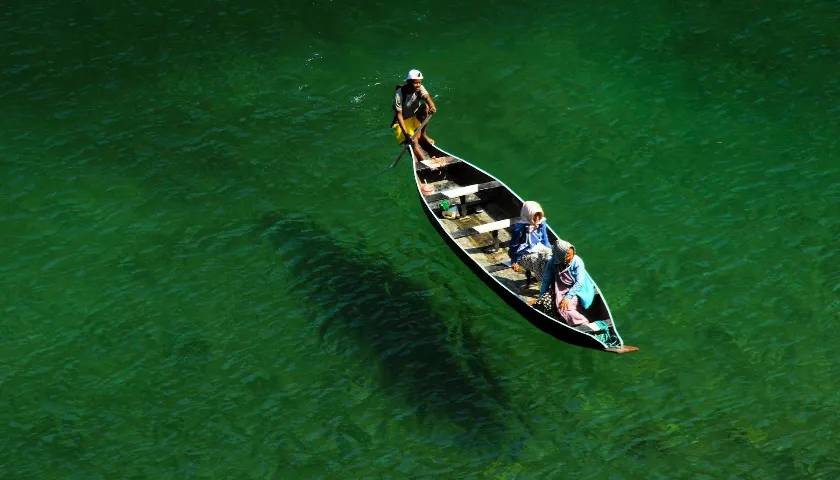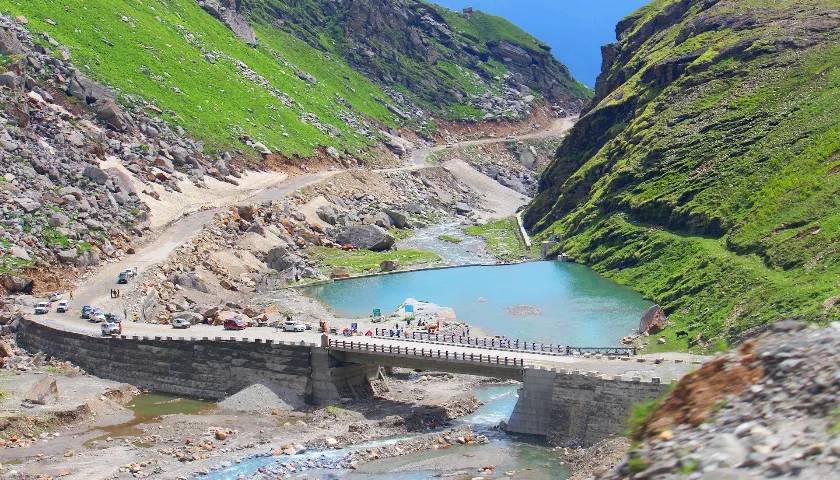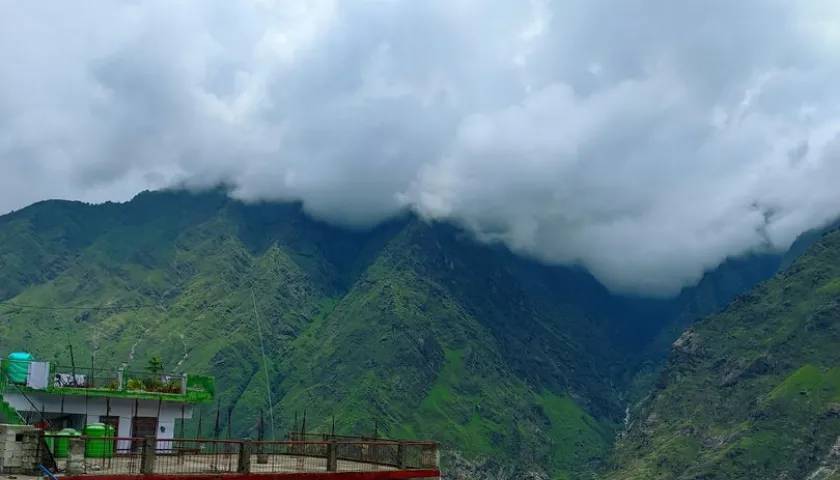Summer (May to September)
Summer is the best time to visit Ladakh, with temperatures ranging from 15°C to 30°C during the day. The weather is pleasant, making it perfect for outdoor activities like trekking, river rafting, and exploring stunning landscapes. Most tourist attractions, including Pangong Lake and Nubra Valley, are accessible during this season, and vibrant local festivals often take place, showcasing Ladakh's rich culture.
Autumn (October to November)
Autumn is another great time to visit Ladakh, as the weather remains mild with temperatures between 5°C and 20°C. The breathtaking landscapes turn into a canvas of warm colors, making it ideal for photography enthusiasts. While some high-altitude passes may start to close, the region remains less crowded, offering a serene experience for those looking to enjoy the natural beauty and tranquility of Ladakh.
Winter (December to February)
Winter in Ladakh is harsh, with temperatures dropping well below freezing, often reaching -20°C or lower. While this season is not suitable for most tourists due to heavy snowfall and road closures, it offers a unique opportunity to witness Ladakh's stunning landscapes in their pristine, snowy glory. Adventure seekers may enjoy activities like snow trekking and winter festivals, but adequate preparation and experience in cold weather conditions are essential for a safe visit.
Spring (March to April)
Spring marks the transition from winter to summer in Ladakh, with temperatures gradually rising from -5°C to 15°C. This season is ideal for travelers who want to experience Ladakh’s serene beauty without the summer crowds. While some areas may still have snow, many roads and passes begin to open, allowing access to stunning landscapes. Spring is also a great time to witness the blooming of wildflowers, adding vibrant colors to the scenery.























